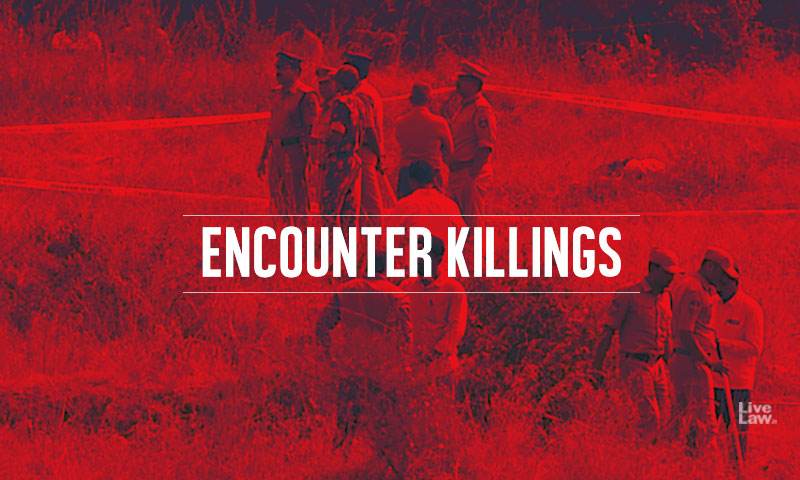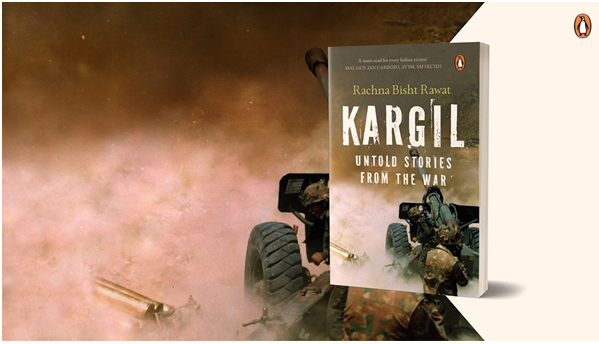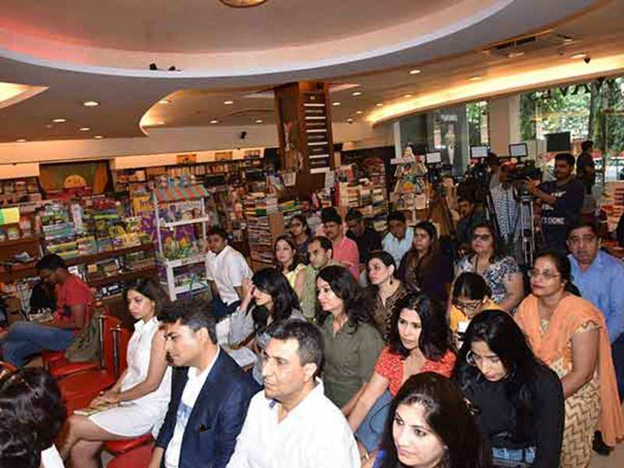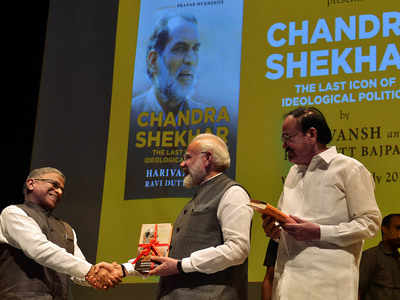Frontlist | Top 5 Books on Encounter Killing & The Indian Police
Frontlist | Top 5 Books on Encounter Killing & The Indian Policeon Jul 17, 2020

On 10 July, when gangster Vikas Dubey was shot dead by the Uttar Pradesh police while trying to escape from custody, the incident reopened a festering can of worms pertaining to encounter killings.
Extrajudicial violence isn’t uncommon in India. The collusion between the state and security forces has been on the radar for decades, especially in states under the Armed Forces Special (Powers) Act (Afspa). Last month, two men died in police custody in Thoothukudi, Tamil Nadu, after they were subjected to horrific torture. Earlier this year, media reports repeatedly flagged the police’s inaction or excesses while dealing with public protests against the Citizenship (Amendment) Act and the proposed National Register of Citizens in Delhi.
In the last several years, some compelling books have documented what goes on inside India’s security forces, especially within the police establishment. Here are five that remain especially memorable.
Blood On My Hands—Confessions Of Staged Encounters by Kishalay Bhattacharjee (HarperCollins India): Published in 2015, this chilling chronicle by journalist Kishalay Bhattacharjee sparked off a controversy. Based on his extensive reporting experience from India’s North-East, Bhattacharjee uncovers the sordid nexus between the state and armed forces. Among the book’s explosive reveals is the claim that funds are earmarked by the armed forces to buy illegal “live kills. There is also a confession by a senior army officer, who was involved in framing innocent citizens as militants, later killed in “staged encounters.
Let Me Say It Now by Rakesh Maria (Westland): This candid memoir by a former Mumbai top cop defies the public’s association of corruption with the police. During his long and illustrious career with the Indian Police Service, Maria was involved in big investigations and high-profile cases. From the 1993 serial blasts in Mumbai to the 26/11 terror attacks on the city in 2008, he was at the forefront of major upheavals. Towards the end of his tenure as commissioner, Maria led the probe into the Sheena Bora murder. In spite of the influential names involved, he didn't back off.
The Tandoor Murder by Maxwell Pereira (Westland): Written by another legendary former police officer, this is a deep dive into the links between crime, politics and the police told through the story of one investigation. The subtitle, “The Crime That Shook The Nation And Brought A Government To Its Knees, captures the arc of the narrative aptly. Based on Naina Sahni’s gruesome murder by her husband and Youth Congress leader Sushil Sharma and his associates, who went on to burn her body in the tandoor of a Delhi restaurant, the book reconstructs the circumstances of the crime and its resolution with nerve-wracking suspense. Most of all, it remains a testament of one police officer’s dogged persistence to bring the guilty to book, in spite of threats to his career and life.
Political Violence And The Police In India by K.S. Subramanian (Sage): This academic study published over a decade ago still remains relevant for the angles it opened up into the relationship between politics and the police in India. As a former police officer, the author brings his lived experiences on board as he argues for reforms in the system. Whether in his analyses of alleged police complicity during the 2002 Gujarat riots or the Union home ministry’s approach to the Naxalite problem, Subramanian speaks with a sane and humane voice, privileging the democratic values on which the Indian nation and civil society are founded.
Sacred Games by Vikram Chandra (Penguin): This doorstopper of a novel, running over 900 pages, was recently adapted into a web series. Based on hundreds of interviews with police officers and gang lords in Mumbai, Chandra created an epic portrait of the underground crime scene in the city. The heart of this magnum opus beats around two compelling characters—Ganesh Gaitonde, a notorious mafia leader, and inspector Sartaj Singh, an upright police officer, bent on capturing him. But the story of this chase is only a scaffolding on which a multitude of themes—from the violence of Partition to the grisly realities of police work to the threat of nuclear terrorism—are hung.
Source: Livemint
Books
custodial deaths
encounter killing
encounter killings in up
Frontlist
Frontlist India
Frontlist News
Indian Police
Netflix
police
police violence
Sacred Game
Tamil Nadu
Thoothukudi
Uttar Pradesh
Vikas Dubey
Vikas Dubey Encounter

.jpg)
.jpg)
.jpg)
.jpg)
.jpg)

.jpg)
.jpg)
.jpg)
.jpg)
.jpg)



.jpg)
.jpg)










Sorry! No comment found for this post.